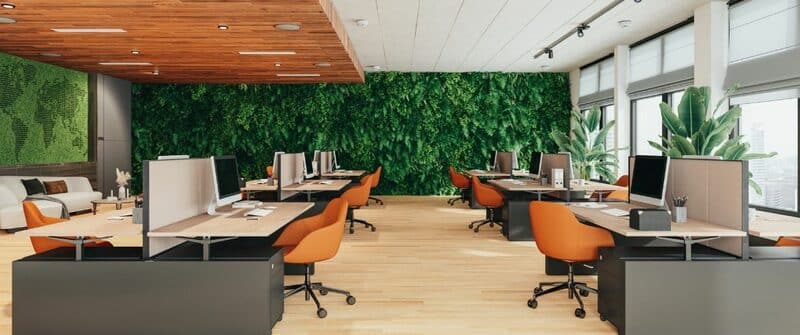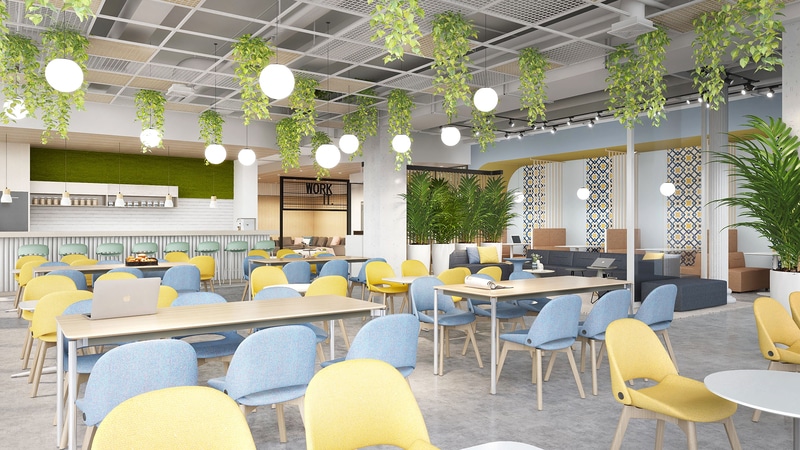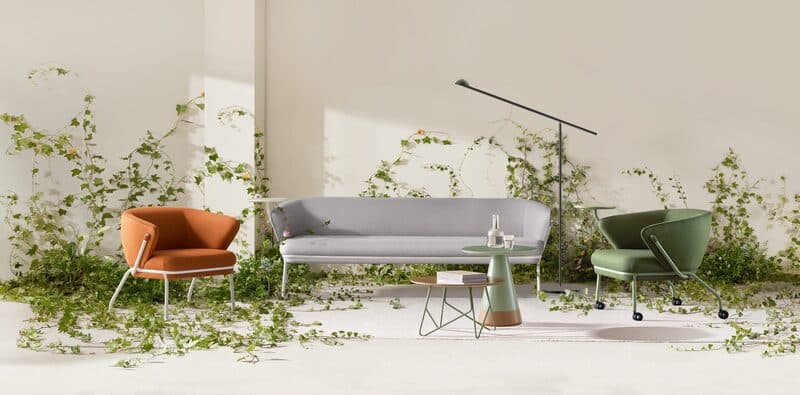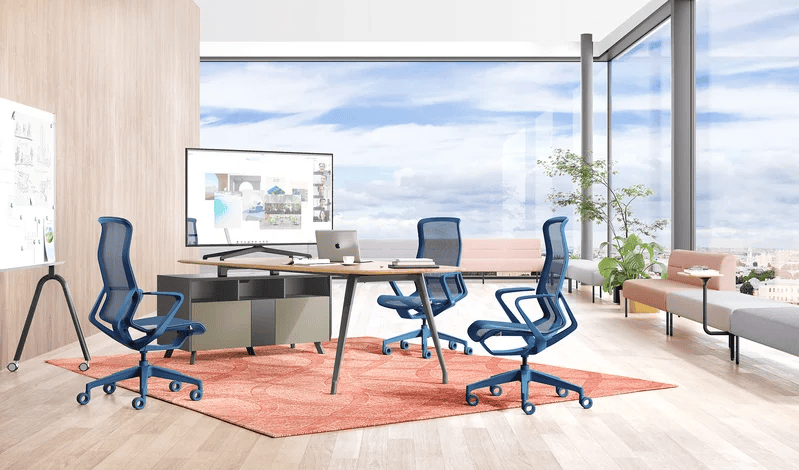In today’s fast-paced world, sustainability is no longer just a buzzword, it’s a responsibility. And while many people focus on making their homes more eco-friendly, there’s another place where small changes can have a big impact: the workplace.
Welcome to the Green Office Revolution a movement that proves sustainability starts not just at home, but at work, where we spend a significant part of our lives. From the way we design our workspaces to the materials we choose and the habits we encourage, every office has the power to shape a greener future.
Why Sustainability at Work Matters
Offices are hubs of energy consumption, paper use, and waste generation. From lighting and air conditioning to packaging and transport, our daily business operations leave a carbon footprint. Making the switch to green practices isn’t just good for the environment it also improves employee wellbeing, brand image, and long-term cost efficiency.
Sustainable practices in the office can:
-
Reduce energy consumption and utility bills
-
Minimize waste and promote recycling
-
Enhance indoor air quality and employee health
-
Attract eco-conscious clients and partners
-
Align your brand with corporate social responsibility

Sustainability in the workplace goes beyond just reducing waste—it contributes to employee well-being and company reputation. Investing in green office furniture helps lower carbon footprints, improve indoor air quality, and align with corporate social responsibility (CSR) initiatives.
The Green Office Checklist: Practical Ways to Be Sustainable
- Eco-Friendly Office Furniture
Choose office furniture made from sustainably sourced materials like FSC-certified wood or recycled components. Look for durability and timeless designs to reduce the need for frequent replacements. Brands like Apex Office Furniture can lead the way by offering pieces that are both stylish and sustainable.
- Energy-Efficient Lighting & Appliances
Switching to LED lighting and energy-star-rated appliances significantly lowers your carbon footprint. Use motion sensors or timers to reduce unnecessary electricity usage in unused spaces.
- Waste Reduction Strategies
Encourage digital documentation over printing. Implement a strong recycling program for paper, plastics, and electronics. Provide reusable water bottles and mugs to cut down on disposable cup usage.
- Green Materials & Cleaning Products
Use non-toxic, biodegradable cleaning supplies and low-VOC paints and adhesives. These not only help the environment but also improve indoor air quality.
- Encourage Green Habits
Create a culture that values sustainability. Encourage employees to turn off devices when not in use, bring reusable lunch containers, carpool, or bike to work. Small daily habits can lead to big environmental impacts over time.
Green Office Inspiration: Sustainability in Action
A truly green office is one that’s designed with sustainability in mind. That means considering natural light flow, open spaces for better air circulation, green walls or indoor plants to purify air, and modular layouts that allow for easy future adaptation instead of demolition and rebuilds.
At Apex Office Furniture, our focus is not just on creating beautiful workspaces, but also on crafting environments that last longer, waste less, and work better—for people and the planet.
- Modern open office layout : Lush with indoor plants and greenery—creating a fresh, eco-conscious vibe
- Office environment blending plants, wood finishes, and daylight : Fostering a harmonious, biophilic workspace

Conclusion
The Green Office Revolution is more than just a trend—it’s a necessary shift toward building workplaces that are conscious, efficient, and future-ready. By adopting eco-friendly practices, we don’t just improve our environment—we also enhance the quality of life at work, drive innovation, and build a reputation that resonates with employees and clients alike.
At Apex Office Furniture, we believe that sustainable design is smart design. Our commitment to eco-friendly solutions helps organizations like yours transform office spaces into healthier, greener environments that empower both productivity and purpose.


